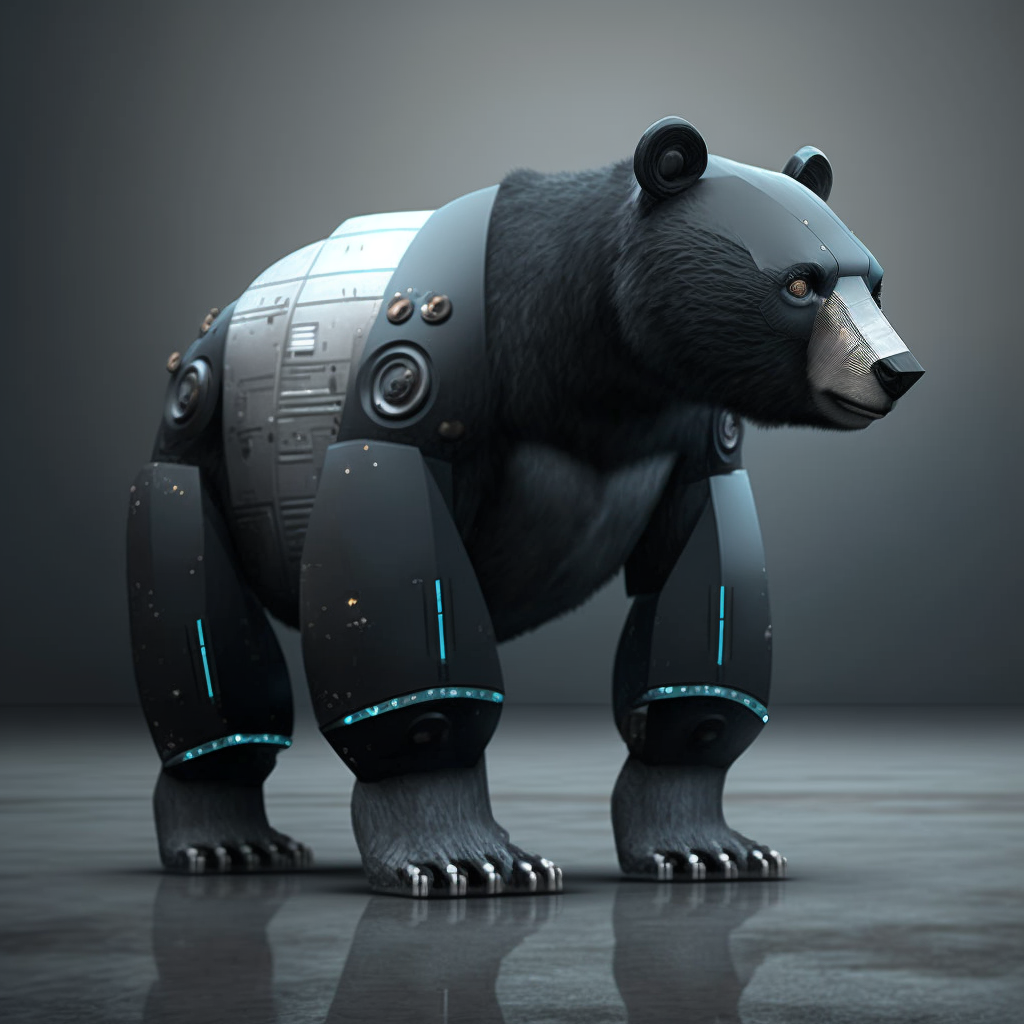
AI Came, AI Saw, AI Conquered?
AI came AI saw AI counquered?
School and university heads are wondering how to assess their undergraduates now that anyone can get the AI to spit out a passable five page essay in response to every question under the sun.
Solicitors are starting to get twitchy now the AI can digest the salient points of legal papers in a few seconds and write a decent contract in minutes.
Junior developers are looking nervously over their shoulders now that what looks like pages of working code can be generated from a few sentences of instruction.
Marketing agencies, of a certain ilk, are weighing the pros and cons of being able to churn out endless content without the need to employ countless content writers. Not us, we’d like to note. That kind of stuff is not our bag. Perhaps we might harness the AI to write infinite complaint letters to our broadband supplier – but that’s another story.
Anyway, all this leaves creators of original stuff in a legal pickle. In Creative Review, the illustrator Christoph Niemann summarises it like this: “(An AI tool) doesn’t invent work it goes historically back and, in a very sophisticated way, rips it off. AI is done in a way that traditional copyright laws don’t apply, but for me it’s more of a deepfake of artists’ work.” There will certainly be legal test cases to find the legal boundaries of this very soon.
The long term consequences of AI are impossible to determine. Right now, it feels like it will be a long time before a computer can calculate the creativity we like: the stuff wonderfully works its way into millions of human hearts and minds. But who knows? Maybe that will come in the next update. So we thought we’d leave the last words on this to the mainframe itself…
Prompt: Why AI won’t take over marketing.
Marketing is all about relationships.
AI technology has certainly revolutionised the marketing world but that doesn’t mean it can completely take over the responsibility of a marketer. AI can certainly make things easier, faster, and more efficient. However, it cannot replace the relationship-building aspect of marketing which is so integral to its success.
Marketing is a very human-centric activity. It requires understanding the psychology of the customer and building relationships with them based on that understanding. AI may be able to provide insights into consumer behaviour and preferences but it will never be able to understand or build meaningful relationships with customers in the same way as humans can.
Tonality is also an important part of marketing. Good marketers know how to use language that resonates with their target audience, something AI still hasn’t mastered. AI-driven content maybe informative and factual but it won’t have any persuasive power because it lacks emotion. AI has yet to be capable of replicating nuances like storytelling, humour, and other persuasive tactics that are essential for successful marketing campaigns.
In conclusion, while AI technology can help marketers save time and resources, it cannot completely take over marketing activities due to its inability to build relationships with customers or create tonality in its messaging that resonates with an audience. As AI becomes more and more advanced, we’re starting to see it used in marketing and advertising more and more. But while AI can be a powerful tool, it won’t ever be able to replace the human element of marketing.
Does it know what it’s talking about? Who knows.
If you’re looking for an agency that does more than just generate the generic, drop us a note saying “I’d like to chat not gpt” here.
AI came AI saw AI counquered?